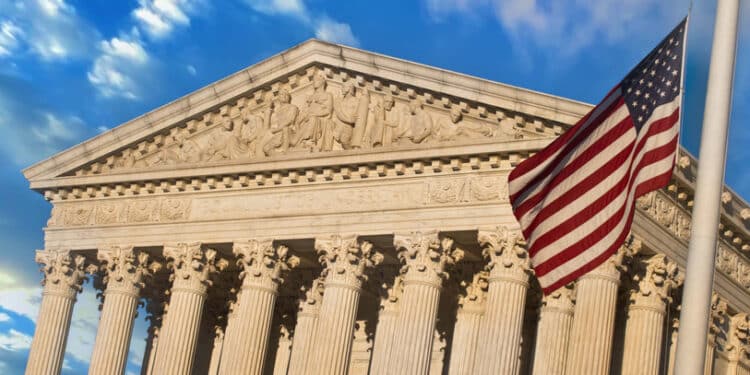On February 8, the U.S. Supreme Court issued a unanimous ruling in Murray v. UBS Securities, LLC, a Sarbanes-Oxley Act (SOX) whistleblower case with widespread implications for the ability of whistleblowers to seek anti-retaliation protections under federal whistleblower laws.
The Supreme Court ruled that whistleblowers do not need to prove retaliatory intent in order to be protected under SOX.
“This is a major win for whistleblowers and thus a huge win for corporate accountability,” said leading whistleblower attorney David Colapinto, a founding partner of Kohn, Kohn & Colapinto (KKC).
“A ruling in favor of UBS would have overturned more than 20 years of precedent in SOX whistleblower cases and made it exceedingly more difficult for whistleblowers who claim retaliation under many similarly worded federal whistleblower statutes,” Colapinto continued.
The case was filed by an ex-employee against UBS Bank. Trevor Murray alleges that he was fired from his role as a bond strategist at UBS because he refused to publish misleading research reports and complained about being pressured to do so. SOX prohibits employers from retaliating against employees because the worker reported financial wrongdoing.
However, in 2022, 2nd U.S. Circuit Court of Appeals ruled against Murray, saying he did not prove that UBS intended to retaliate against him by firing him. In contrast, other federal appeals courts have ruled that whistleblowers only need to prove that their whistleblowing was a “contributing factor” to a decision to fire them.
In an amicus brief filed on behalf of the National Whistleblower Center (NWC), the founding partners of KKC gave a detailed history of the drafting of SOX to demonstrate the Congressional intent behind a “contributing factor” standard of proof.
“In crafting the unique ‘contributing factor’ test for whistleblowers, Congress left an incredibly straight-forward legislative history documenting the value of whistleblowers’ contributions, the risks and retaliation whistleblowers faced, the barriers the previous burden of proof presented for whistleblowers, and Congress’ explicit intention to lower that burden of proof for whistleblowers,” the brief states.
The Supreme Court seemed to follow the logic laid out in KKC’s brief. In the opinion, Sonia Sotomayor wrote:
“To be sure, the contributing-factor framework that Congress chose here is not as protective of employers as a motivating-factor framework. That is by design. Congress has employed the contributing-factor framework in contexts where the health, safety, or well-being of the public may well depend on whistleblowers feeling empowered to come forward. This Court cannot override that policy choice by giving employers more protection than the statute itself provides.”
“Thankfully, the Court was not swayed by UBS’ attempt to ignore the plain meaning of the statute and instead upheld the burden of proof that Congress enacted to protect whistleblowers who face retaliation,” added Colapinto.


